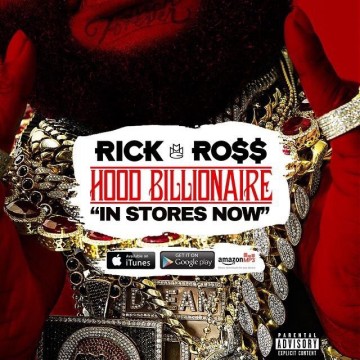Daily 30: Mon 10.13.2014
Breaking News!
9mo
Say What?!
9mo
Do You Agree?
9mo
Must Watch!
9mo
Dance video of the day
9mo
International Spotlight
9mo
'87 Classic
1y
9mo
Monday Motivation!
9mo
New Wearable Tech!
9mo
10mo
Smash Of The Day
9mo
9mo
9mo
Happy Birthday
9mo
9mo
1y
Classic Hip Hop Doc
1y
1y
The Unbreakable Workout
9mo
9mo
Time To Ball!
9mo
What Are You Riding?!
9mo
Make it rain!!
9mo
9mo
11mo
9mo
1y
9mo


































